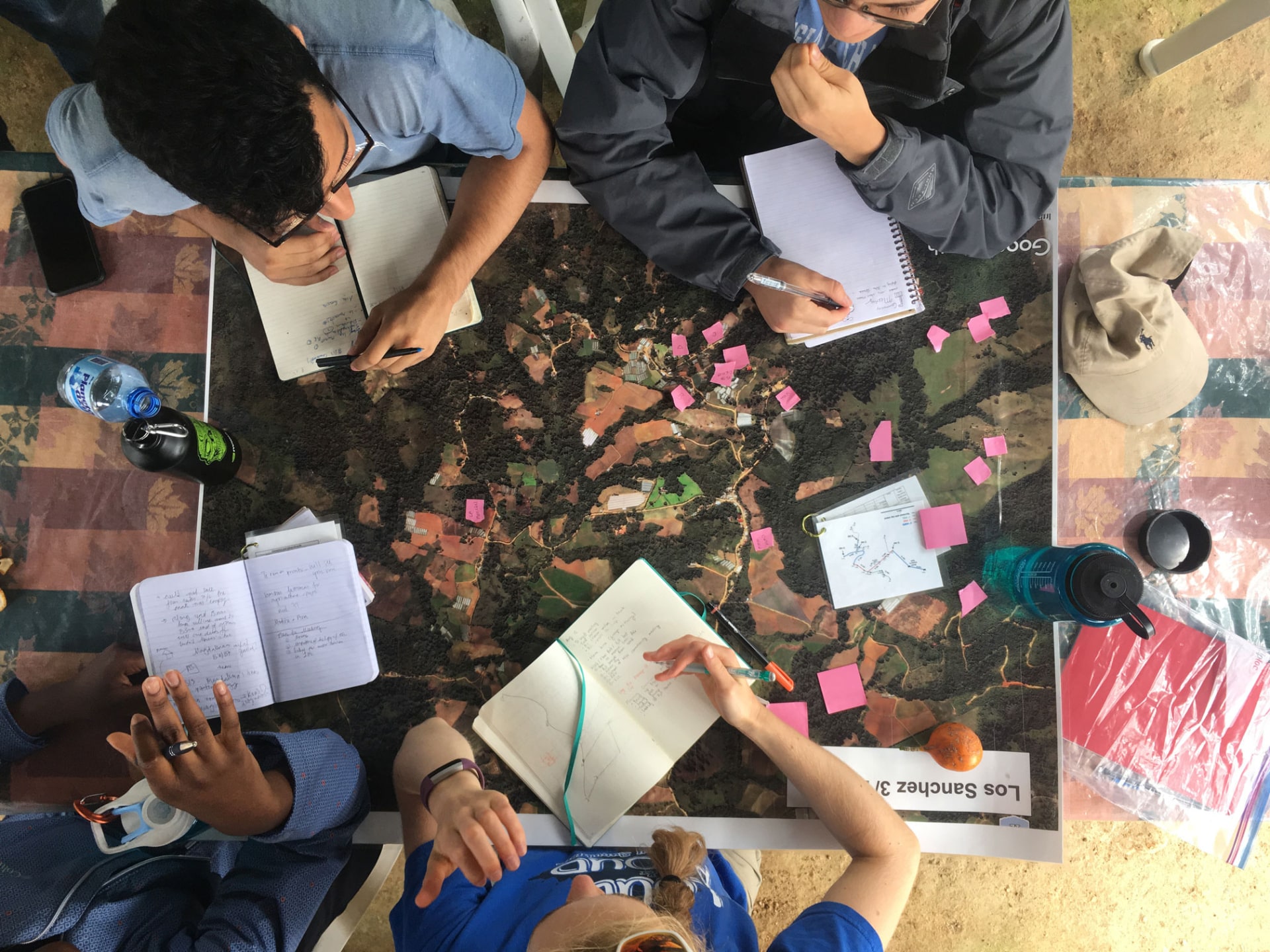The Next Generation of Leaders in Humanitarian Engineering
Engineers Without Borders USA (EWB-USA) stands as one of the only organizations uniquely dedicated to building the next generation of humanitarian engineers. By integrating education into everything we do, EWB-USA equips volunteers with the skills and experiences necessary to address the world’s most pressing challenges. Since 2002, our mission has been to develop globally responsible engineers who have the knowledge and technical expertise to work alongside communities and build critical infrastructure that improves lives.
Through a combination of hands-on projects and multidisciplinary knowledge sharing, EWB-USA volunteers gain valuable experience in leadership, project management, and cross-cultural communication, all framed through the lens of humanitarian engineering. With chapters on over 150 university campuses and a robust professional network, EWB-USA bridges educational gaps and strengthens the engineering workforce pipeline. Our programming transforms both students and professionals by offering unique opportunities for skill-building, mentorship, and systems thinking.
What truly sets EWB-USA apart is our focus on dual impact—equipping engineers with the tools for personal and professional growth while fostering sustainable development in vulnerable communities. Our volunteers not only gain critical skills that enhance their careers but also contribute meaningfully to global development, ensuring a more just and equitable world.
_1_(1).png?resize=960x0)
Future Proof Your Career: Professional Engineering and Surveying Licensure
- How do you build a hand-washing station where there is no water?
- How do you anticipate the needs of a city before it needs them?
The engineering field (and the world at large) is only getting more complicated by the day. And while you can’t predict the future, you can prepare for it. Take the next step in future proofing your career by pursuing your professional engineering or surveying license.
.png?resize=960x0)
In the United States, licensure for the engineering and surveying professions is regulated by each state. If you are interested in pursuing licensure you are encouraged to check the requirements in the state or territory where you plan to practice, as the requirements vary.
Education
Generally, engineering licensing boards require PE candidates to have an EAC/ABET-accredited bachelor’s degree. Check the requirements of your state licensing board. Each state licensing board has varying educational requirements.
Exams
Licensure candidates typically must pass the Fundamentals of Engineering (FE) exam and the Principles and Practice of Engineering (PE) exam.
Experience
Most states require four years of acceptable, progressive, and verifiable work experience in the industry.
Education
Complete the appropriate level of education in your state. Check the requirements of your state licensing board. Some require only a high school diploma, while many others require a degree from an accredited four-year surveying program.
Exams
Licensure candidates typically must pass the Fundamentals of Surveying (FS) exam, the Principles and Practice of Surveying (PS) exam, and a state-specific exam.
Experience
Most states require four years of acceptable, progressive, and verifiable work experience under the supervision of a licensed surveyor.
EWB-USA has partnered with NCEES on a mini podcast series to showcase the work of professionally licensed engineers in humanitarian engineering.
Check out the series!
Licensure information brought to you by the National Council of Examiners for Engineering and Surveying (NCEES), a proud partner of EWB-USA.

